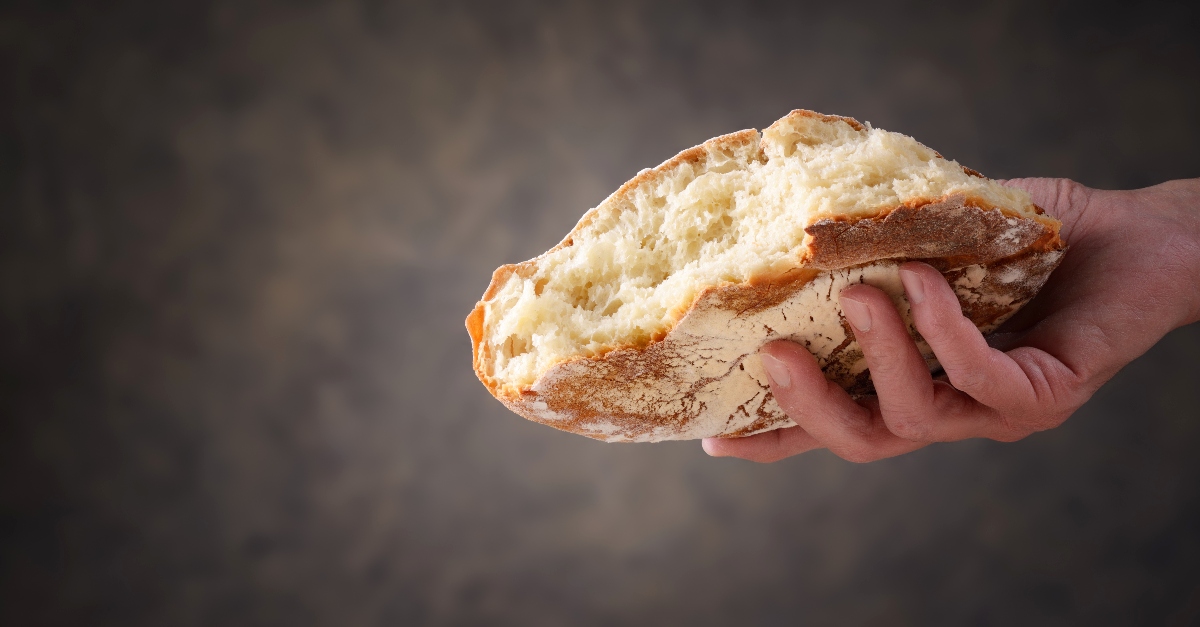The 5 Pillars of Fat Loss
Fat loss can seem like an impossible undertaking. It’s easy to feel overwhelmed by the task of losing fat and keeping it off, especially if you have a lot of body fat to lose. To make it easier, it’s important to break down the process into smaller, more manageable steps. This way, you can set realistic goals and stick with them, making progress with each one over time. Here are five pillars of fat loss that will help you get started on your journey toward fitness and weight loss success!
1) Lose weight gradually

Losing weight too quickly can actually lead to more body fat in the long run. Why? When you lose weight quickly, you’re more likely to lose muscle mass along with the fat. And without muscle, it’s harder to keep the weight off. The best way to lose weight is gradually. Set a realistic goal and give yourself time to reach it. For example, if your goal is to lose 100 pounds, aim for 1-2 pounds per week. Drink lots of water: Water helps your body get rid of toxins that build up as part of normal metabolic processes and also helps regulate your metabolism. Stay hydrated by drinking eight glasses each day (or close to). Exercise regularly: Regular exercise can help you burn calories and create muscle—which makes it easier for your body to metabolize fat stores during the day. Find something you enjoy doing so that you’ll stick with it over time! Include strength training, cardio and stretching into your routine at least three times a week.
Nowadays, we have an endless number of apps to help us stay on track. Choose one or two apps that are compatible with your workout routine and fitness goals and start using them! My favorites are Fitocracy (for lifting weights) or Endomondo or MyFitnessPal (for running or biking). Sleep well: It’s important to sleep enough every night in order to optimize energy levels and maintain a healthy weight.
2) Never go hungry

The first and most important rule of fat loss is to never go hungry. When you’re trying to lose weight, it’s tempting to cut calories by skipping meals or cutting back on portion sizes. But if you’re too restrictive with your food intake, your body will start to hold on to fat as a way to preserve energy. Instead of going hungry, eat small, frequent meals throughout the day to keep your metabolism going strong. Eating breakfast within an hour of waking up gives you a jumpstart on your calorie needs for the day, so don’t skip this meal! Also make sure to be getting at least 30 minutes of exercise every day in order to increase calorie expenditure. Take care of your body: One thing that can sabotage weight-loss efforts is being neglectful with your diet. Don’t starve yourself – just because you’re trying to lose weight doesn’t mean that every craving should be indulged. Enjoy what you’re eating while making sure not to overeat and stay active, and soon enough those pounds will come off without any difficulty whatsoever!
3) Exercise regularly

One of the most important things you can do to lose fat is to exercise regularly. Not only does this help you burn calories and lose weight, but it also helps to preserve muscle mass. Strength training is especially important for preserving muscle mass, so be sure to include it in your workout routine. In addition to regular exercise, make sure you are getting enough sleep and eating a healthy diet. Changing your lifestyle will help you lose fat and keep it off for good. A healthy diet should focus on whole foods that have a low glycemic index, such as fruits, vegetables, nuts and beans. Include protein at every meal to build muscle tissue. Whole grains and lean proteins should make up the bulk of your diet with limited intake of processed sugars or unhealthy fats like trans fats or saturated fats. Drink plenty of water (at least 2 liters per day) because water not only keeps us hydrated but can also help with appetite control and reduce feelings of hunger. Also drink coffee in moderation, which contains caffeine and may act as an appetite suppressant. It’s important to note that alcohol is high in calories and has no nutritional value so don’t drink alcohol if you’re trying to lose weight. Get 7-8 hours of sleep each night; lack of sleep causes cortisol levels to rise which leads to high blood sugar levels, higher levels of insulin resistance and increased fat storage. If these steps sound daunting then try doing small steps each day such as taking a walk outside after dinner or increasing the amount of fruits and vegetables on your plate during lunch. Losing weight takes time; just stay patient!
4) Make strength training a priority

Most people think that cardio is the key to fat loss. While cardio is important, if you really want to lose fat and preserve muscle mass, you need to make strength training a priority. Strength training not only helps you burn more calories during the actual workout, but it also boosts your metabolism for hours afterwards. Plus, it helps you build lean muscle mass, which in turn helps you burn even more fat. A study from the University of Missouri found that subjects who did weight-training workouts saw increases in their resting metabolic rates (the rate at which your body burns calories) by 7%. For example, someone who weighs 160 pounds would burn about 115 more calories per day than they would without strength training. Every week, you burn almost 1,000 extra calories! With this knowledge, it’s clear that strength training should be an essential part of any fitness routine. Luckily, incorporating just two or three days of strength training into your weekly routine is all you need to reap these benefits. If you’re just starting out, consider using kettlebells or dumbbells since they are both easy on the joints and offer full-body workouts with minimal equipment.
5) Sleep quality matters

Most people don’t realize how important sleep is for fat loss. When you don’t get enough sleep, your body starts to produce more of the stress hormone cortisol, which can lead to increased hunger and cravings. Plus, when you’re tired you’re more likely to make poor food choices and less likely to exercise. So aim for 7-8 hours of quality sleep per night. If you have trouble falling asleep or staying asleep, try these techniques:
1) Avoid caffeine (especially later in the day), alcohol, and large meals before bedtime.
2) Exercise during the day (not before bed).
3) Turn off electronics an hour before bedtime.
4) Establish a relaxing routine before bedtime that includes calming activities like reading or meditating on something that relaxes you like nature scenes or animals doing cute things.




